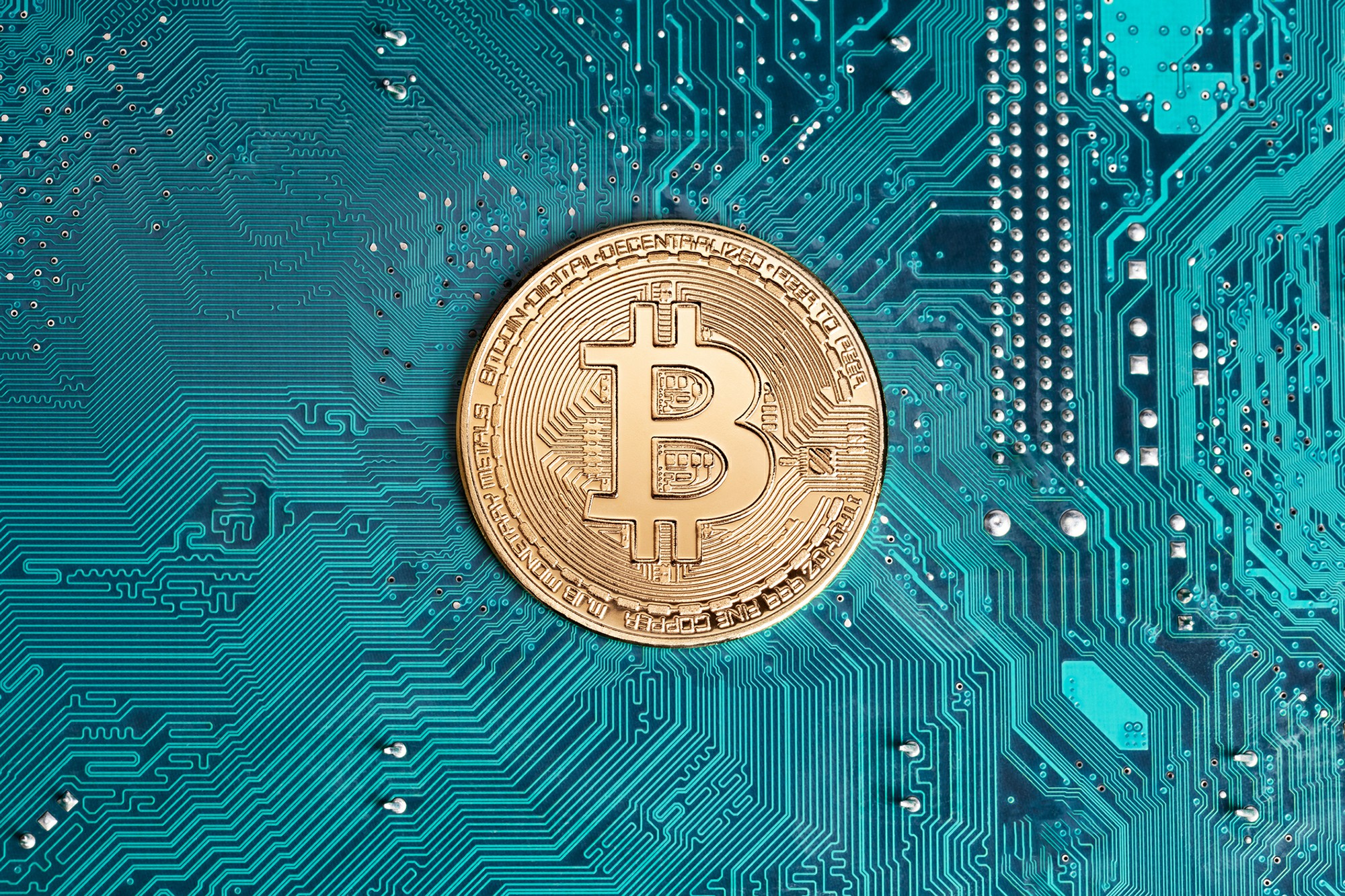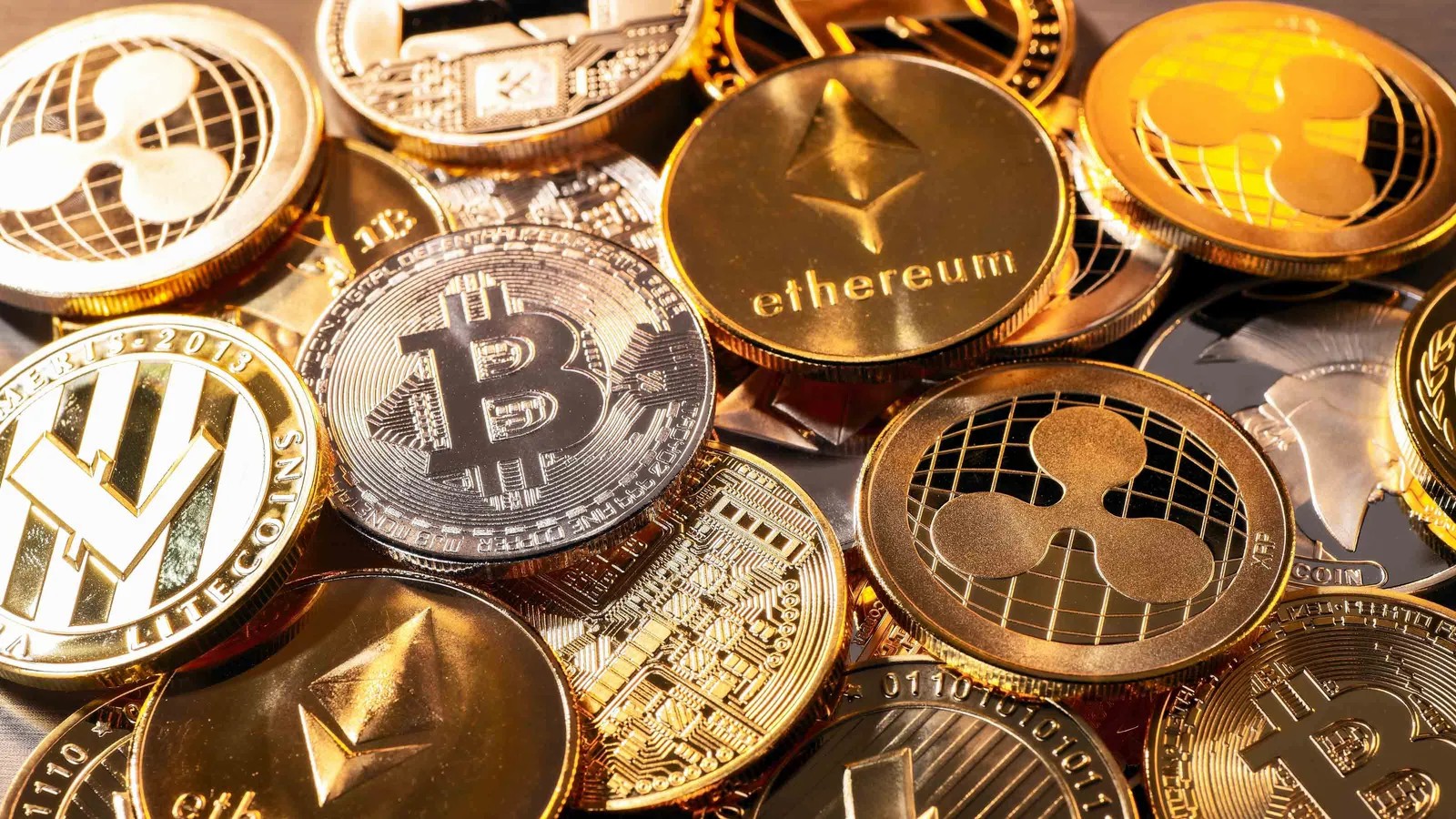
Token swaps have become a staple in the decentralized finance (DeFi) world, allowing users to exchange cryptocurrencies seamlessly. However, with the rise in popularity of token swaps, security risks have also escalated. Whether you’re a beginner or an experienced trader, adopting best practices for securing your token swaps is essential to avoid scams, hacks, and loss of funds. This guide will explore the key security best practices that every crypto trader should follow to stay safe during token swaps.
1. Use Trusted Platforms
When engaging in token swaps, it’s crucial to use reputable and well-established decentralized exchanges (DEXs) and platforms. Some popular platforms include Uniswap, Sushiswap, PancakeSwap, and 1inch, which have been vetted by the community over time.
Why it’s Important:
- Reputation: Trusted platforms have undergone extensive audits and are less likely to have vulnerabilities or scams.
- Liquidity: These platforms offer sufficient liquidity, reducing the chances of price slippage or failed swaps.
What to Look For:
- Verified contract addresses: Always ensure you’re using the correct contract address from official sources like the project’s website or trusted explorers.
- Security audits: Prefer platforms that have been audited by reputable cybersecurity firms.
2. Enable Two-Factor Authentication (2FA)
While token swaps typically involve interacting with decentralized platforms, it’s still important to secure your exchange accounts and wallet services (such as MetaMask, Trust Wallet, or hardware wallets) by enabling two-factor authentication (2FA) whenever possible.
Why it’s Important:
- Extra Layer of Protection: 2FA adds an extra layer of security, requiring both your password and a one-time code sent to your phone or email before allowing access.
- Reduced Risk of Account Compromise: Even if your password is compromised, an attacker would need access to your second authentication method to gain control.
3. Double-check Token Contract Addresses
One of the most common ways scammers trick users is by creating fraudulent tokens that appear legitimate. These fake tokens often have similar names or symbols to well-known cryptocurrencies, leading unsuspecting users to swap their tokens for worthless ones.
Why it’s Important:
- Prevent Loss of Funds: Swapping tokens for fraudulent tokens can result in losing your assets permanently.
- Ensure Authenticity: Double-checking contract addresses reduces the chances of swapping for fake tokens.
What to Do:
- Verify Contract Address: Always verify the token’s contract address on trusted platforms like Etherscan, CoinMarketCap, or CoinGecko.
- Cross-check the Token: Check the official website or social media channels of the project to verify its authenticity.

4. Avoid Phishing Scams
Phishing scams are rampant in the cryptocurrency space, with scammers attempting to trick users into revealing sensitive information such as private keys or seed phrases. These scammers may impersonate well-known platforms or send fake emails asking for your wallet credentials.
Why it’s Important:
- Protect Your Private Keys: Scammers often ask for private keys or seed phrases to steal funds.
- Safeguard Personal Information: Phishing attacks can result in stolen identities and other personal information.
What to Do:
- Never Share Private Keys: Never share your private keys or seed phrases with anyone, even if they claim to be from an official platform.
- Verify Sources: Always double-check the source of emails, messages, or websites before clicking links or providing sensitive information.
- Use Anti-Phishing Tools: Many wallet providers and exchanges offer anti-phishing tools that alert you to suspicious activity.
5. Use a Hardware Wallet
For long-term storage and enhanced security, consider using a hardware wallet (such as Ledger or Trezor) instead of keeping your assets on software wallets. Hardware wallets store your private keys offline, making them immune to online hacks.
Why it’s Important:
- Offline Security: Hardware wallets are not connected to the internet, significantly reducing the risk of online attacks like phishing or malware.
- Full Control: You maintain full control over your private keys, ensuring that no one else can access your funds.
What to Do:
- Use Hardware Wallets for Large Amounts: Use hardware wallets to store significant amounts of cryptocurrency, while software wallets can be used for smaller, daily transactions.
- Secure Backup: Ensure that you securely store your hardware wallet’s backup seed phrase. Do not store it online or on your phone.
6. Be Cautious with Slippage Settings
When executing token swaps, you will encounter slippage settings, which determine how much price movement you’re willing to accept before the transaction goes through. Setting a high slippage can expose you to front-running attacks or sandwich attacks, where malicious actors manipulate the price before your swap is completed.
Why it’s Important:
- Avoid Unexpected Losses: High slippage can lead to a much worse price for your swap than expected.
- Reduce Risk of Manipulation: Scammers can exploit high slippage settings to steal funds.
What to Do:
- Set Slippage to a Reasonable Value: A slippage of 0.5% to 1% is generally reasonable. Avoid setting it too high unless necessary.
- Monitor Market Conditions: Ensure that you swap tokens when the market is stable to avoid large price swings.
7. Avoid Unnecessary Approvals
When interacting with DeFi platforms, you may be prompted to approve token transfers or smart contract permissions. Be cautious with these approvals, as some platforms may request more permissions than necessary, potentially allowing scammers to access your funds.
Why it’s Important:
- Prevent Unauthorized Access: Approving unlimited token transfers can expose you to risk if the platform gets hacked.
- Limit Permissions: Limiting permissions helps reduce the scope of access granted to the platform.
What to Do:
- Only Grant Necessary Permissions: Always review the permissions before approving any transaction.
- Revoke Excess Permissions: Use tools like Etherscan’s Token Approval Checker to view and revoke unnecessary contract approvals.
8. Keep Software Updated
Whether you’re using a wallet, a DEX, or any other cryptocurrency tool, keeping your software updated is essential for security. Updates often include security patches that protect your funds from new vulnerabilities.
Why it’s Important:
- Security Patches: Updates often contain fixes for vulnerabilities that could be exploited by hackers.
- Bug Fixes: Regular updates improve the overall stability and functionality of your platform.
What to Do:
- Update Wallet Software: Regularly check for updates to your wallet application or DEX platforms.
- Enable Automatic Updates: Enable automatic updates on your mobile apps and desktop tools to ensure you’re always protected.
Conclusion
Token swaps are an integral part of the DeFi ecosystem, but they come with risks that require careful attention to security. By following these best practices, including using trusted platforms, enabling 2FA, verifying token contracts, and maintaining wallet security, you can reduce your chances of falling victim to scams and hacks. Stay informed and always prioritize security when swapping tokens to ensure your assets remain safe.






No Comments